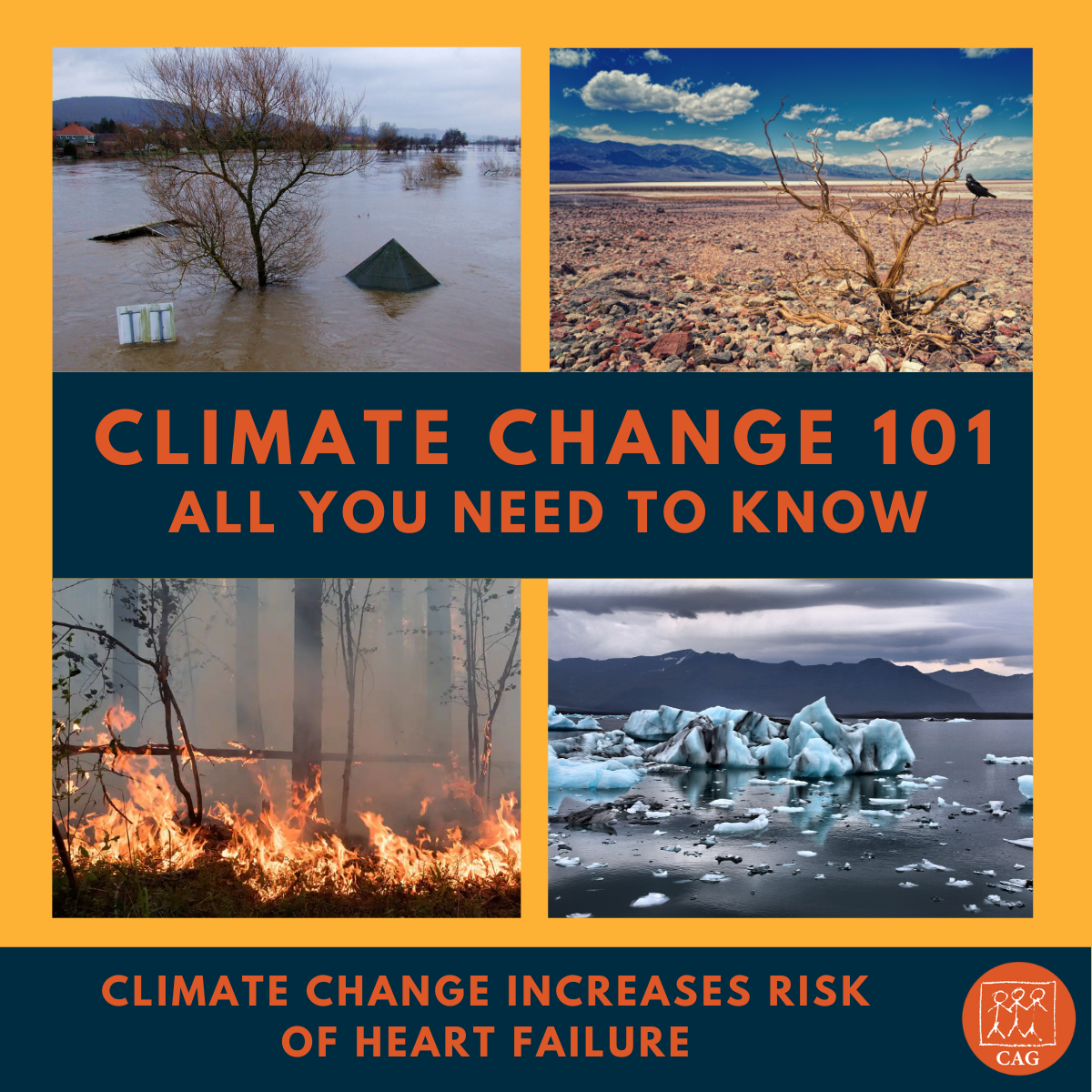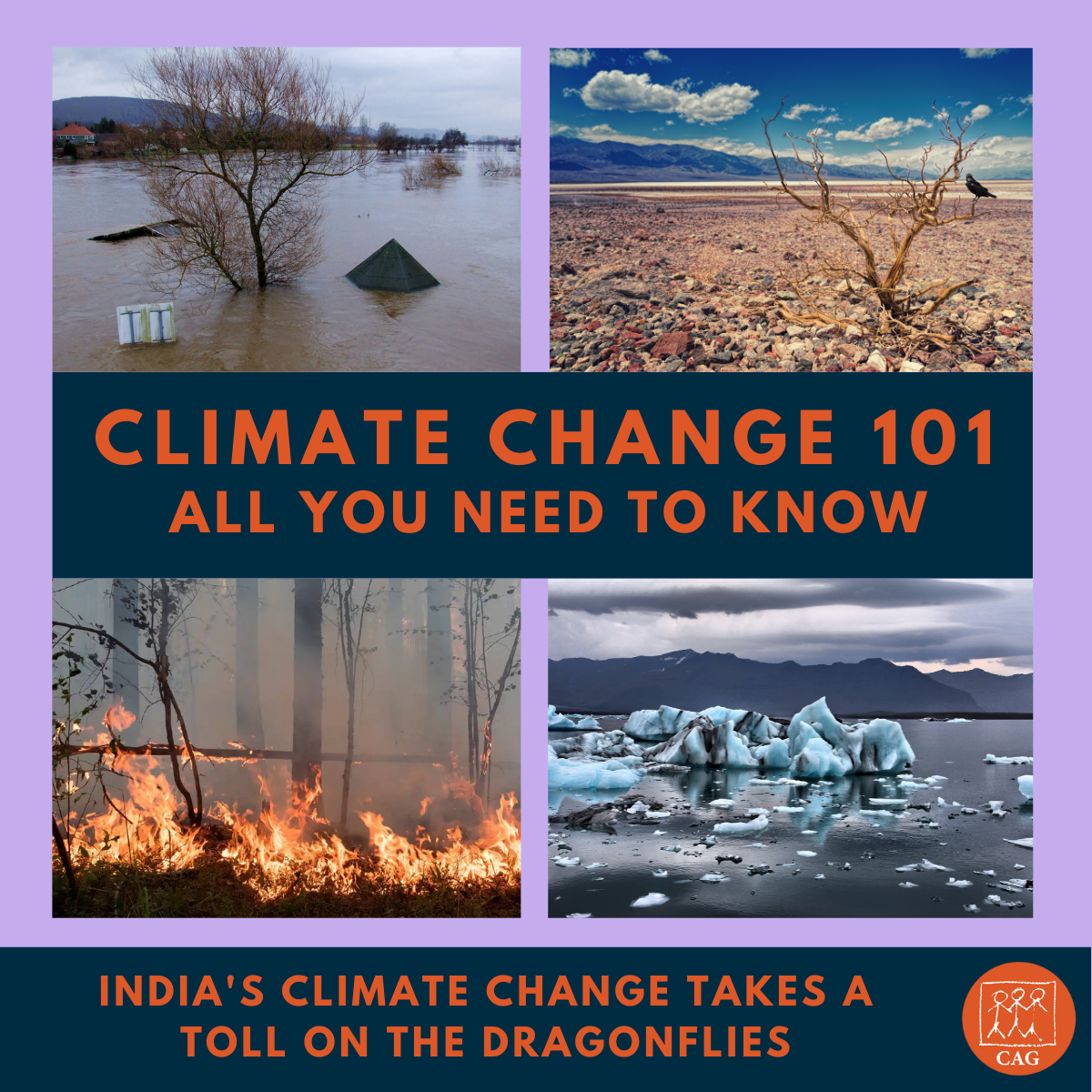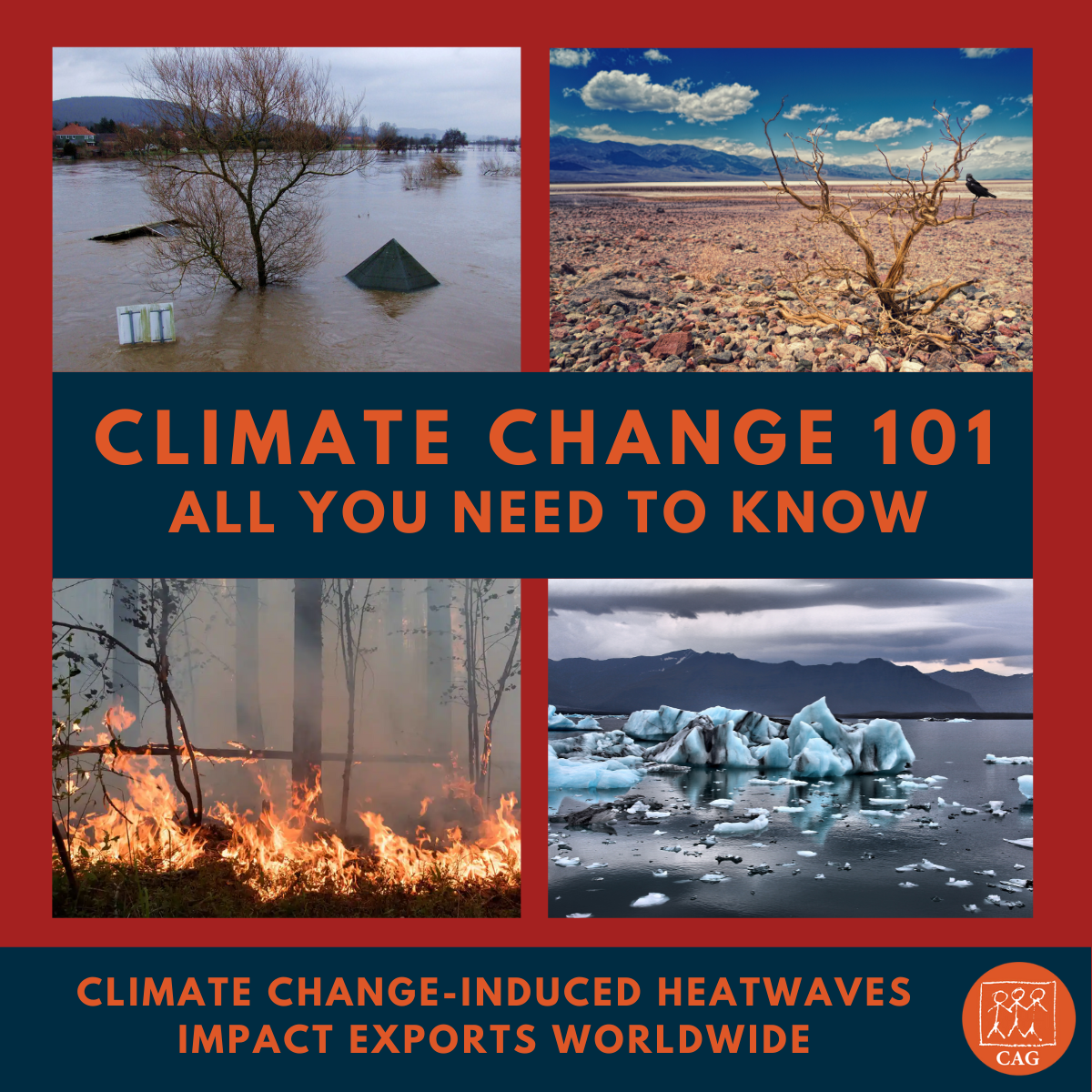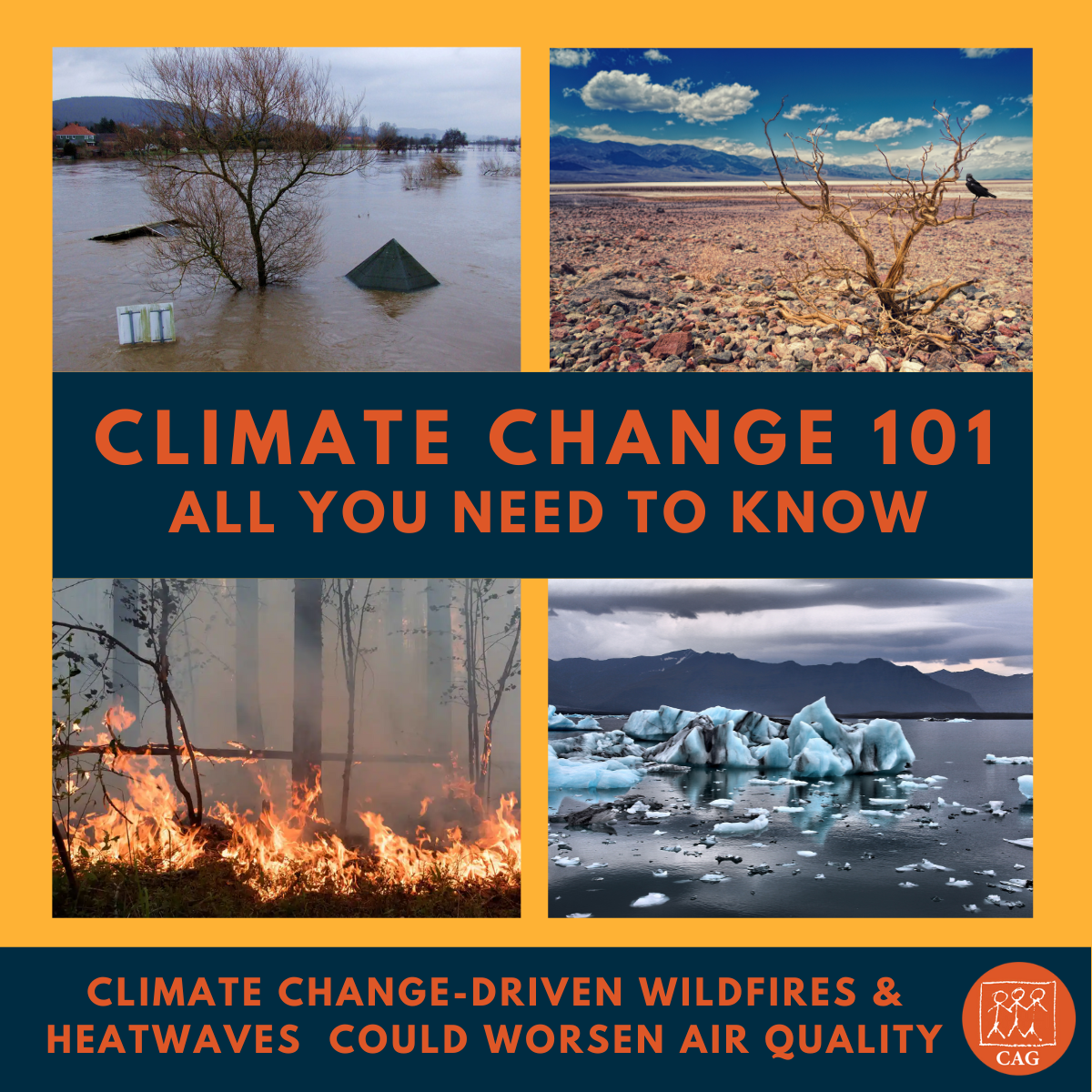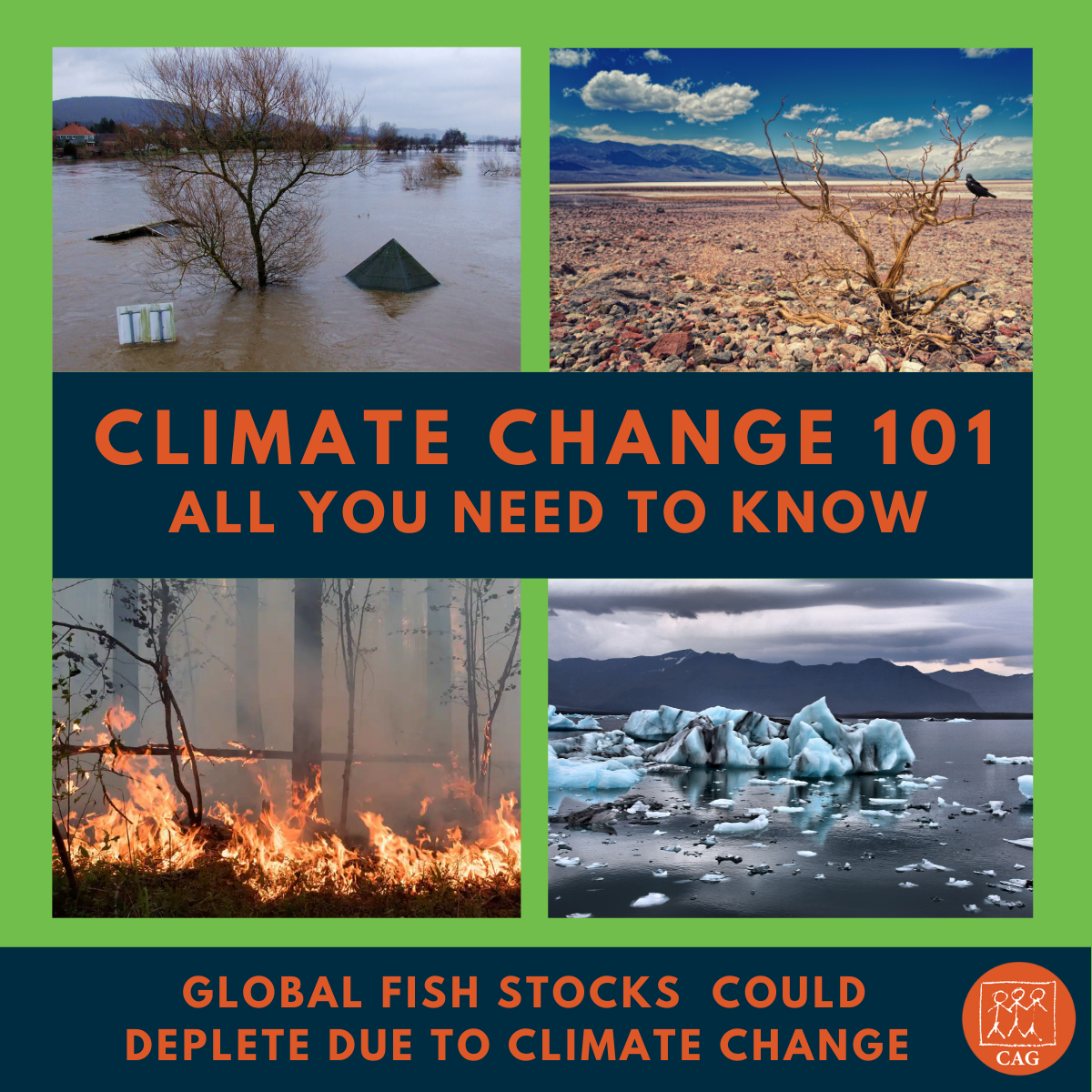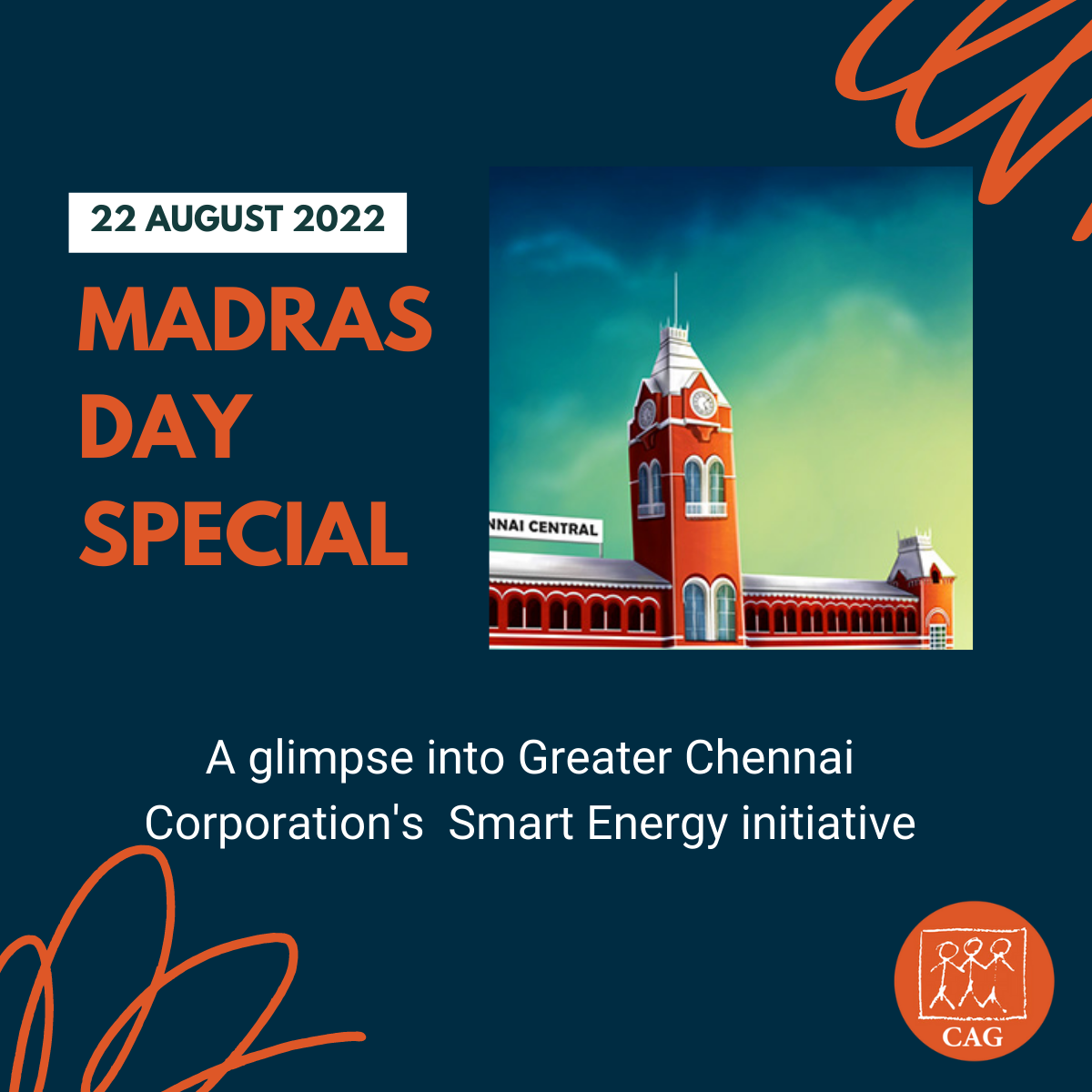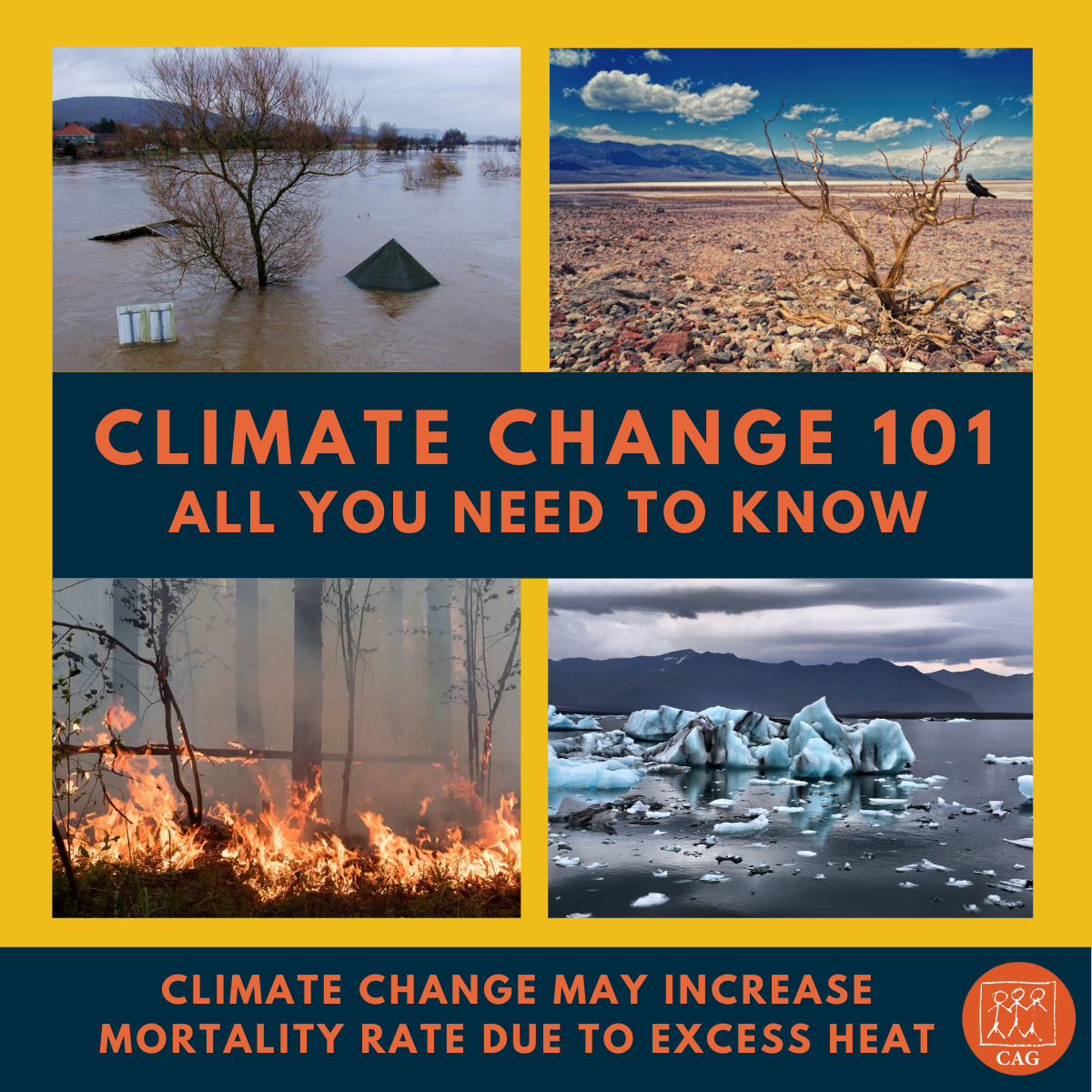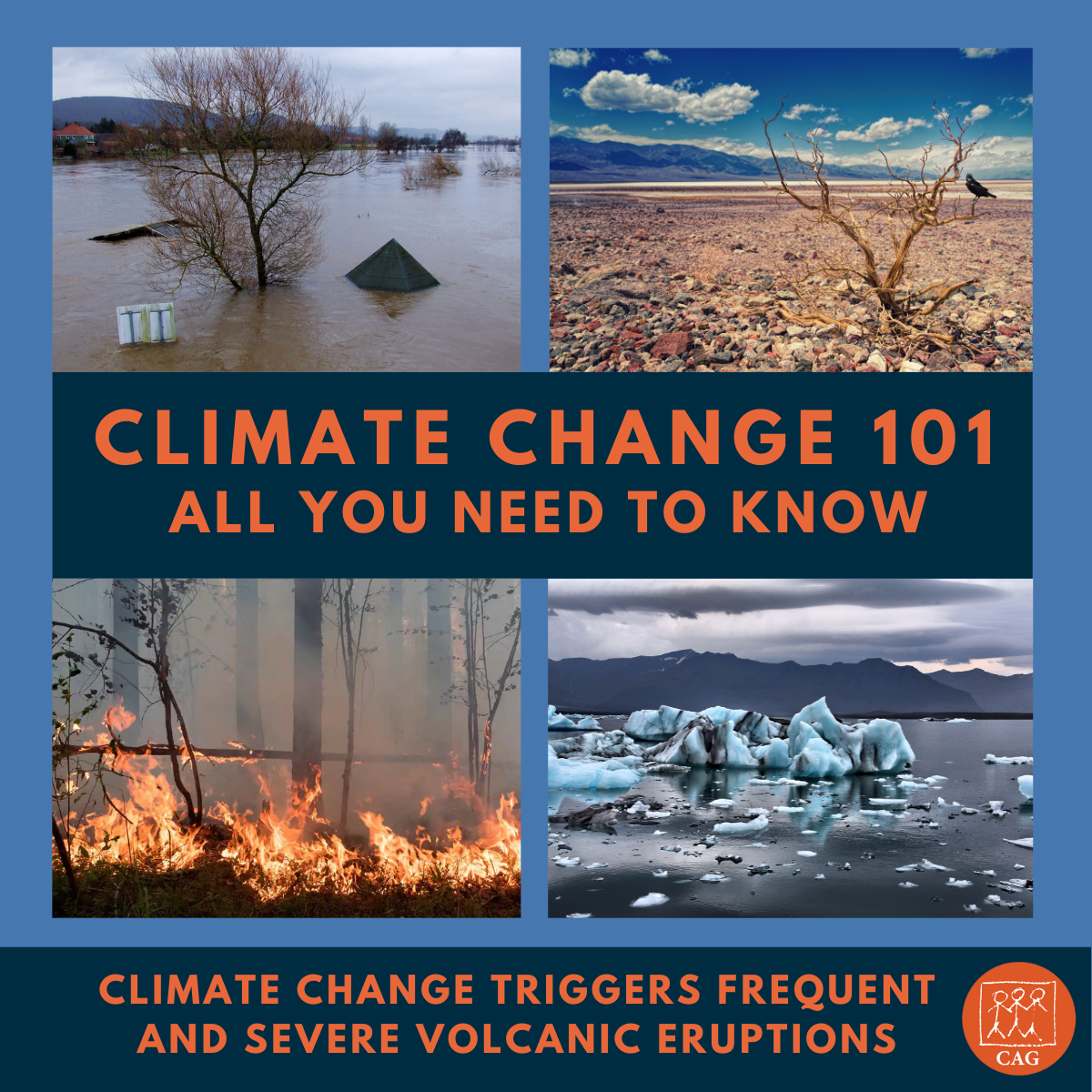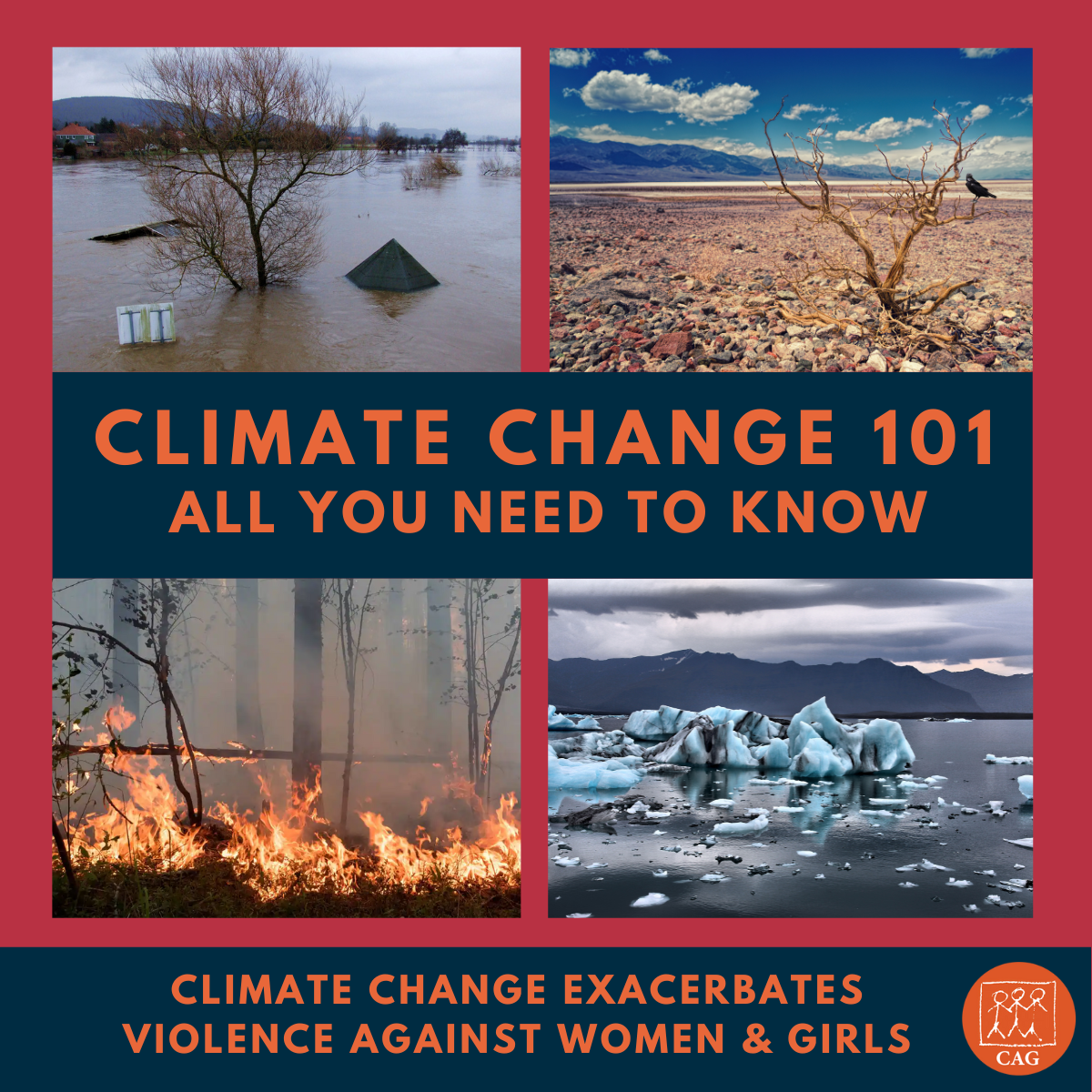Climate Change -Increase in Heart Failures
A 2020 The Lancet study found that 62% of deaths attributed to #ClimateChange were from cardiovascular disease. Hence there is a close link between climate change and cardiac health which is further substantiated by a paper published in European Society of Cardiology #ActOnClimate #HeartHealthMatters
